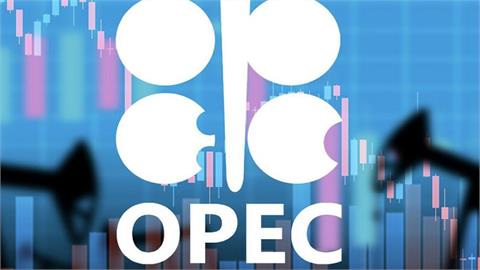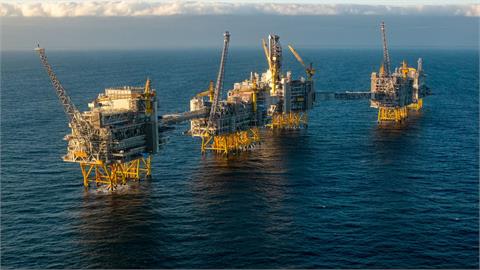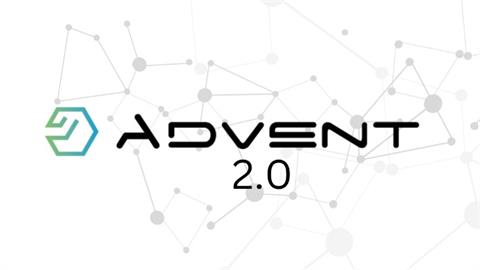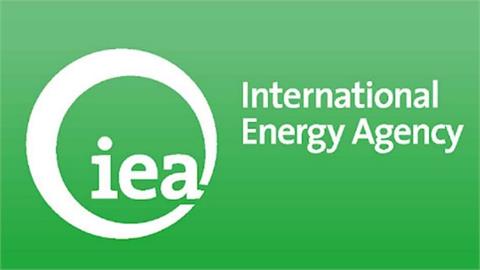The European Commission sent Russian gas monopoly Gazprom a formal request in February to provide information in connection with an alleged violation of antitrust legislation in gas supplies by its affiliated companies in Bulgaria, Interfax quoted Gazprom as saying on March 15 in a memorandum for a new Eurobond offering.
The request states that the Commission has information that Gazprom may have abused its dominant position on the Bulgarian wholesale gas market and/or participated directly or indirectly in an uncompetitive agreement concerning the Bulgarian wholesale gas market, thus violating European Union antitrust legislation, the memorandum states.
"The European Commission is closely following the competitive conditions as regards the Bulgarian gas market,” a Commission spokesman told New Europe on March 15.
There is only one Gazprom’s "affiliate” in Bulgaria – Overgas Inc. – which owns a low pressure gas infrastructure (network) and buys 10 % of Russian imported gas to supply 50,000 customers (households) and two-three industrial consumers, a source in Sofia told New Europe. "Starting in autumn 2015, Gazprom and Overgas entered into an unpleasant spat, culminating in a sudden warning by Gazprom that it would stop deliveries to Overgas from January 1, 2016. Under the circumstances, Overgas had either to stop retail supplies and lose business and customers or buy gas from Bulgargaz, the national ‘public supplier’, at rates higher than the preferential rates offered by Gazprom to its affiliate,” the source argued.
On top of this Gazprom, which has a 49% stake in Overgaz, decided, "unilaterally” and with a short notice, according to local media, to sell its share, the source said, adding that was at a time when Overgaz cannot afford to buy the whole stake.
"The commercial relationship between Bulgargaz and Overgaz is tense because a few years back Overgaz managed to make the Commission send a critical warning to Bulgargaz for abusing the market principles. After Gazprom’s hostile move, the National regulator was pressured to make an official investigation into the financial state of Overgaz, suggesting that it might withdraw its license if improprieties were found. Luckily for Overgaz, the regulator gave it a clean bill of lading,” the source told New Europe.
"Privately, Overgaz’s management assesses Gazprom moves in relation to their ‘divorce’ as a blow in the back but would not say anything further either privately or publicly. Gazprom’s giving up on Overgaz is considered part of a general pattern of withdrawal from joint ventures in the EU, which do not correspond to the Third package. To be sure, Gazprom had expected a more dedicated attitude and result-oriented actions from Overgaz on the issues of South Stream,” the source claimed.
The European Commission is looking separately into the alleged interruption of gas deliveries from Gazprom to Overgas. Meanwhile, the antitrust investigation into Gazprom behaviours in Central and Eastern European gas markets is ongoing.
Last month, Gazprom’s, Italy’s Edison and Greece’s DEPA signed in Rome an agreement to develop a natural gas pipeline between Greece and Italy to transport Russian gas to Europe.
Peter Poptchev, a long-time Bulgarian ambassador-at-large for energy security, said he couldn’t think of a reason that the EU looking into possible gas supply abuse in Bulgaria by Gazprom impacting the IGI Poseidon project. "I have read the MoU adopted by the companies – it does not specify where the Russian gas would come from, Bulgaria or Turkey, and this is deliberate, regardless of the present poor state of bilateral affairs between Russia and Turkey,” he said.
Meanwhile, the Commission spokesman told New Europe on March 15 that the Commission has seen the announcement by three private firms (DEPA SA, Edison SpA and Gazprom) about their intention to build a pipeline. "It is an announcement of a MoU signed by the CEOs of the aforementioned private companies. The Commission remains with its known position that interconnection projects must contribute to the EU’s diversification and energy security strategy, and is compatible with all the relevant EU legal requirements; in particular the third energy package rules. That is part and parcel of the Energy Union,” the Commission spokesman said.
http://neurope.eu/article/eu-wants-gazprom-anti-trust-answers-bulgaria-gas/



